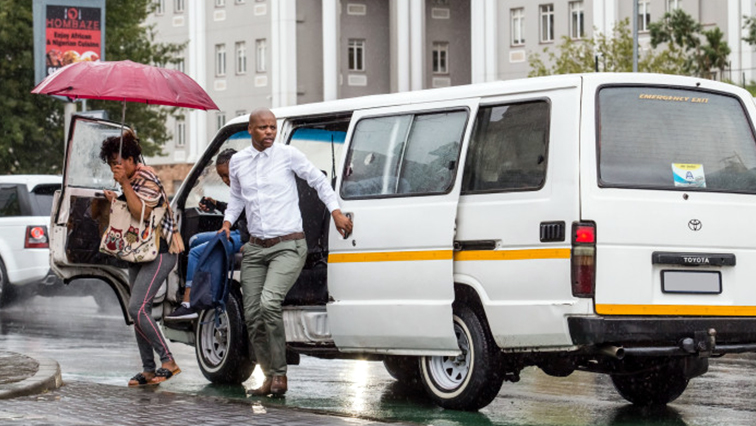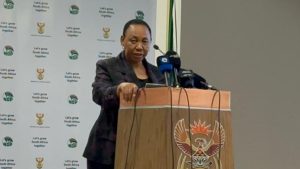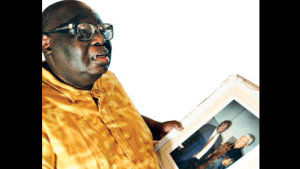The taxi industry says it did not benefit from the more than R 4 billion the government has spent so far on the taxi recapitalisation programme.
Plans to change the taxi industry and save it from the challenges it faces are to be made public by the government during a National Taxi Lekgotla (NTL) which is scheduled for October.
On Thursday, the Transport Minister will launch the National Taxi Public Discourse Platform in Germiston, in Ekurhuleni. This is aimed at creating a platform to create momentum and public engagement towards the Lekgotal.
An adequate public transport system remains a challenge for the country, despite the fact that millions of South Africans depend on public transport to get to various destinations, especially work places.
Rapid bus schemes have been introduced in metros around the country – but the problem remains.
It will not be the first time that the government attempts to fix the taxi industry. It has throughout the early 2000s with the Taxi Recapitalisation Programme (TRP) and the Revised Taxi Recapitalisation Programme spent over R4 billion in efforts to fix the industry.
Transport Department to launch National Taxi Lekgotla
The National Taxi Alliance (NTA) has, while welcoming this latest government effort, criticised the manner in which the TRP was implemented, describing it as wasteful expenditure.
NTA spokesperson Theo Malele says, “It’s money not well spent, because had it been designed in a manner that was negotiated well by the taxi industry, it would have been a boon to the taxi industry as we speak. But then you’d also realise that the people who had scrapped their vehicles because of their financial status or credit worthiness were not able to be financed by formal institutions…”
“There’s also this other company that is selling taxis and sells to people even if their credit rating is not up to scratch. But the problem is that the HP is very high at 28 percent and for you to repay those vehicles is from R 10 000 upwards and yet the routes are not lucrative,” says Malele.
Taxis transport more people than buses and trains yet they are not subsidised.
Malele says the billions spent on the TRP would have come handy if the government considered this and also included industry stakeholders in the implementation.
Transport Minister Fikile Mbalula will tomorrow launch the Public Discourse Platform for the taxi industry. The platform brings together key stakeholders to engage on the future of the taxi industry in its role as the largest transporter of people in the country. #TaxiLekgotla pic.twitter.com/oFXjSg5DOu
— Information Resource Centre (@GCIS_IRC) August 19, 2020
He says because of that financial institutions benefited more from the programme than taxi operators.
“It is still benefitting the wrong people. I think what needs to happen in earnest it’s the question of affordability, it must be scrutinised to the latter so that people pay what they can afford and perhaps with subsidisation of the taxi industry being on the cards that should be expedited. That would probably offset the pressure the taxi operator finds herself in,” says Malele.
The taxi industry, like all other businesses, was adversely affected by the COVID-19 pandemic regulations. There was a stand-off between the industry and government when compensation was discussed. The industry wanted more than the R1.1 billion then what the government was offering.
Malele says, “That does not speak to what we actually lost. We lost far much more than the government is providing as an ex gratia quantum. Yes it’s been difficult but there is nothing we can do about it for now. We have agreed that we’ll take the money…”
It is speculated that according to the government’s plan – the taxi industry should comply with labour laws and eradicate violence.
In the video below, the National Taxi Alliance briefs the media:
MINISTER MBALULA OFFICIALLY LAUNCHES NATIONAL TAXI LEKGOTLA PUBLIC DISCOURSE PLATFORM
The Lekgotla Public Discourse platform aims to create a platform for sustained momentum and public engagement towards the National Taxi Lekgotla, planned to take place at the end of October. pic.twitter.com/dLv7rFMdbI
— ????? ??????? | ?????? (@EsethuOnDuty) August 19, 2020






